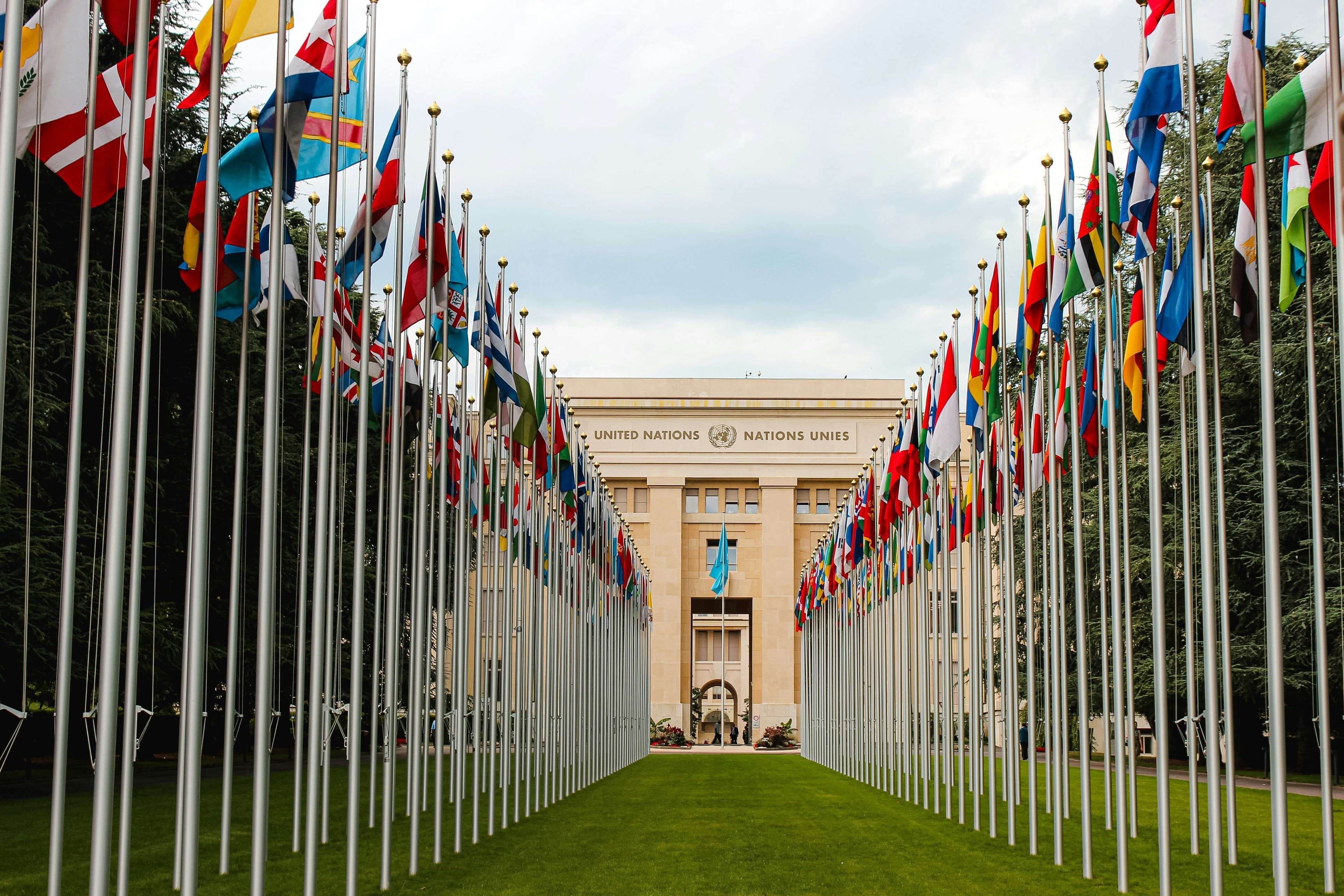 Sacks and Craft Ventures sold stakes in crypto-linked firms like Coinbase and Robinhood, along with their crypto holdings. (Image Source: David Sacks via www.craftventures.com)
Sacks and Craft Ventures sold stakes in crypto-linked firms like Coinbase and Robinhood, along with their crypto holdings. (Image Source: David Sacks via www.craftventures.com)A White House memorandum dated March 5 detailed that Sacks personally accounted for $85 million of the divested assets. The document emphasized that these "significant steps" were taken to ensure impartiality as Sacks embarked on shaping regulatory frameworks for the burgeoning cryptocurrency industry.
The divestment encompassed a broad spectrum of assets. Sacks liquidated his personal holdings in major cryptocurrencies, including Bitcoin (BTC), Ethereum (ETH), and Solana (SOL). Craft Ventures also sold its positions in these digital assets, ensuring that neither Sacks nor his firm retained direct cryptocurrency investments upon his appointment.
Beyond direct cryptocurrency holdings, Sacks and Craft Ventures divested from publicly traded companies with significant crypto involvement, such as Coinbase and Robinhood. They also exited stakes in private digital asset firms and relinquished limited partner interests in crypto-focused investment funds like Multicoin Capital and Blockchain Capital.
 The proactive measures were taken before President Donald Trump's inauguration on January 20, 2025. (Image Source: Shutterstock)
The proactive measures were taken before President Donald Trump's inauguration on January 20, 2025. (Image Source: Shutterstock)These proactive measures were taken before President Donald Trump's inauguration on January 20, 2025. Since then, the cryptocurrency market has experienced notable volatility. Bitcoin, for instance, reached an all-time high of $109,000 just hours before the inauguration but subsequently dipped below $80,000 by February 27, erasing all post-election gains.
Despite these fluctuations, Sacks has remained an advocate for the crypto industry. He has proposed the establishment of a Strategic Bitcoin Reserve and cautioned against excessive taxation on digital assets. In a recent episode of the All In Podcast, Sacks dismissed the idea of a 0.01% tax on cryptocurrency transactions, drawing parallels to the historical expansion of income tax beyond its initial scope.
However, Sacks' financial maneuvers have attracted scrutiny. On March 6, Senator Elizabeth Warren penned a letter urging Sacks to provide evidence that he no longer holds any digital assets. This request came after Sacks publicly stated on the social media platform X that he had sold all his cryptocurrency holdings prior to the administration's commencement.
Warren's letter expressed concerns about the timing of Sacks' divestments and sought transparency regarding when both he and Craft Ventures liquidated their positions. She also questioned whether individuals close to Sacks might have benefited from the recent price surges before the sell-offs.
In response to these concerns, Sacks has reiterated his commitment to ethical standards. He has publicly confirmed that he sold all his crypto holdings before the administration began, addressing Warren's inquiries.
Sacks' appointment as the White House AI and crypto czar underscores the administration's intent to engage industry experts in policy development. His extensive background in technology and venture capital positions him to influence the direction of AI and cryptocurrency regulations. However, the balance between industry experience and potential conflicts of interest remains a topic of discussion among policymakers and the public.
As the administration continues to navigate the complexities of the digital asset landscape, Sacks' actions and the surrounding scrutiny highlight the challenges inherent in aligning personal financial interests with public service responsibilities. The ongoing dialogue emphasizes the need for transparency and ethical considerations in the formulation of policies that will shape the future of the cryptocurrency industry.

Universal has launched a USD-backed stablecoin in the UAE

Property Finder raises $170 million in UAE-led round

Circle Foundation backs UN aid modernization

New .digitalfuture domain targets next-generation builders